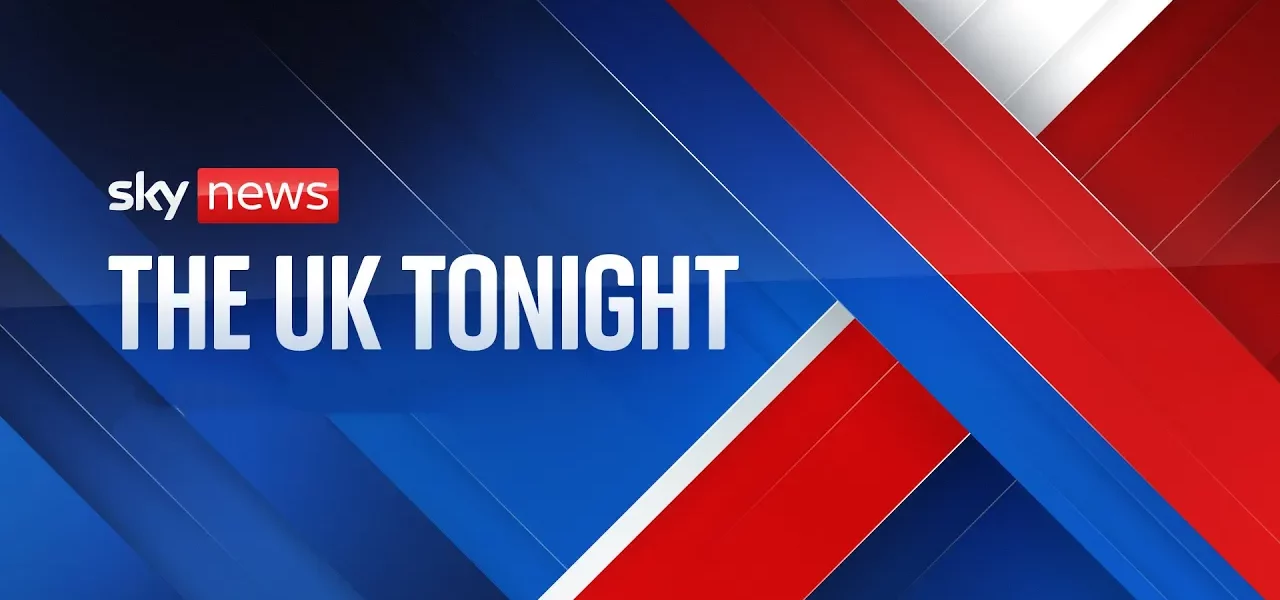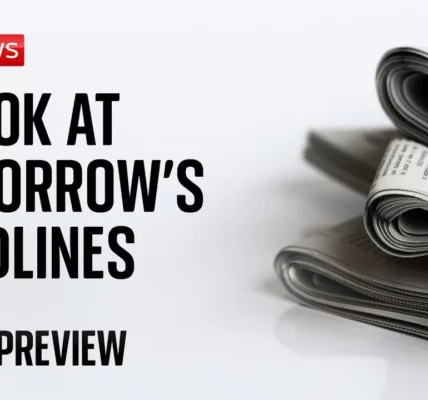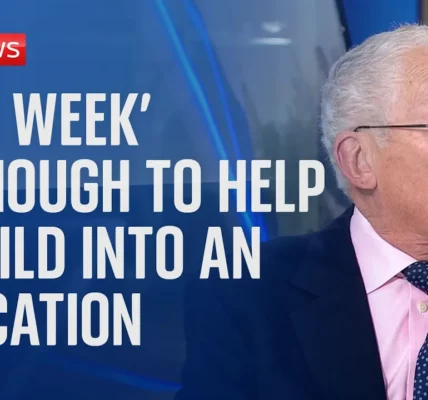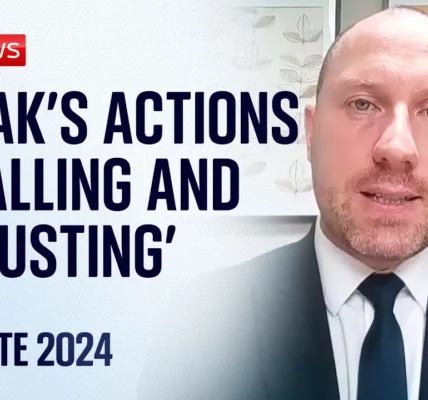UK Government Faces New Challenges Under Prime Minister Jonathan Samuels

As the new Prime Minister Jonathan Samuels welcomes his Members of Parliament (MPs) to Westminster, the government is poised to tackle an extensive to-do list that includes pressing issues such as the economy, health care, housing, and the prison service. This article delves into the government’s plans and the challenges ahead.
Introduction
Following a whirlwind tour across the UK, Prime Minister Jonathan Samuels met his new MPs in Westminster, marking the beginning of a challenging term. With a majority of 411 strong MPs, the demands for immediate action are palpable, especially as the government prepares for the reopening of parliament. Major issues such as the economy, housing, and the state of the National Health Service (NHS) are under scrutiny. The government’s response to these challenges will be critical in shaping its legacy and the future of the nation.
The Government’s Legislative Agenda
As the new government settles in, the focus is on delivering promised changes across various sectors. Below are some key areas of concern:
1. Economic Growth
The new Chancellor, Rachel Reeves, has outlined a bold agenda aimed at rejuvenating the economy. During her inaugural speech, she emphasized the need to:
- End the ban on new onshore wind projects.
- Create a task force to accelerate stalled housing sites.
- Reform the planning system to facilitate construction.
These initiatives are aimed at closing the gap between the UK’s GDP and that of other OECD countries, which currently stands at a significant 6.3% deficit.
2. Housing Crisis
The housing crisis remains a top priority, with the government needing to address both supply and affordability. Key strategies include:
- Increasing housing targets to match demand.
- Implementing policies that encourage new builds while addressing local opposition.
- Ensuring access to affordable housing for first-time buyers.
Community leaders express the urgent need for these reforms, as many families struggle to enter the housing market.
3. Health Care and NHS Reform
The NHS is under immense pressure, and the government must prioritize reforms to improve patient care and access. The Health Secretary has proposed:
- Increased funding for mental health services.
- Expanding access to dental care, with new plans to tackle waiting times.
- Addressing staffing shortages to enhance service delivery.
The success of these initiatives will depend on effective implementation and long-term commitment to health care funding.
Prison Service Crisis
The prison service is facing unprecedented challenges, with overcrowding reaching critical levels. Former Director General of the Prison Service, Phil Wheatley, highlights several key points regarding the situation:
1. Overcrowding and Early Releases
The proposed early release scheme aims to alleviate prison overcrowding. Wheatley notes that:
- Prisoners typically serve only 50% of their sentence in custody.
- Current forecasts predict prison populations could exceed capacity within months.
While early releases may provide immediate relief, they raise concerns about public safety and the ability to manage offenders in the community.
2. Long-term Solutions
Wheatley advocates for a comprehensive review of sentencing policies and prison infrastructure. He suggests:
- Building new prisons to accommodate the growing population.
- Adjusting sentencing lengths to prevent overcrowding.
- Investing in rehabilitation programs to reduce recidivism rates.
Without these long-term solutions, the prison crisis may continue to escalate.
Social Issues: Stillbirth Inequality
Another pressing issue facing the new government is the stark inequality in stillbirth rates among different ethnic groups. Recent statistics reveal that:
- Black babies are over twice as likely to be stillborn compared to white babies.
- Asian babies also face increased risks of stillbirth and neonatal death.
Advocacy groups are calling for targeted government action to address these disparities, emphasizing that every life deserves equal care and attention.
Education: Banning Smartphones in Schools
Eton College’s decision to ban smartphones for new pupils has ignited a broader conversation about technology and education. Educational leaders are urging:
- Parents to reconsider the necessity of smartphones for children.
- Schools to adopt similar bans to enhance focus and learning.
This move is part of a growing recognition of the negative impacts of smartphones on child development.
Conclusion
As the new government embarks on this critical journey, the challenges ahead are daunting yet essential to address. From economic recovery and housing solutions to prison reforms and tackling health inequalities, the government must demonstrate its commitment to meaningful change. It is not just a matter of governance but a matter of public trust and societal welfare. As citizens, we must remain engaged and hold our leaders accountable for delivering on their promises. For ongoing updates on these important issues, stay tuned to our coverage.
“`




